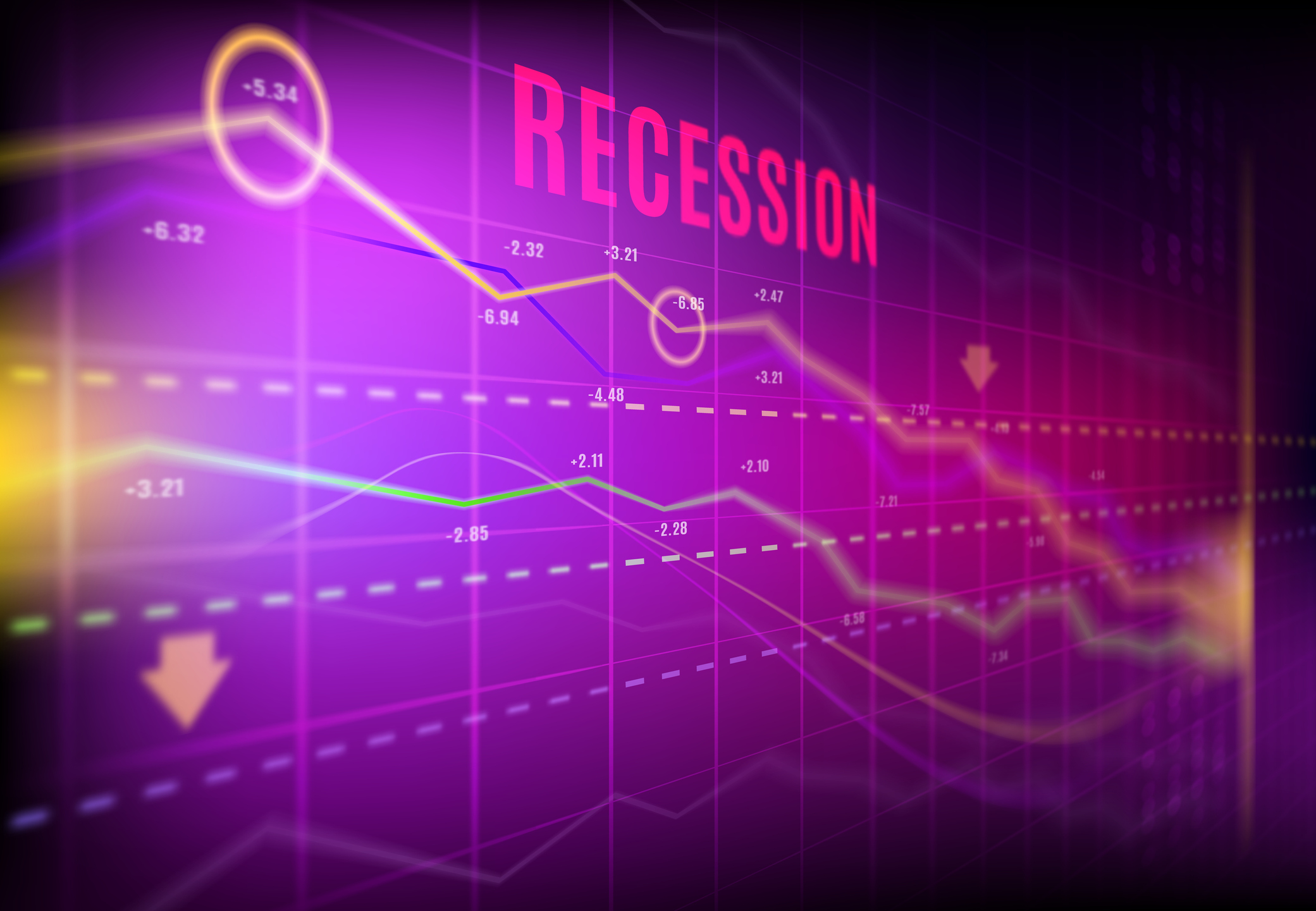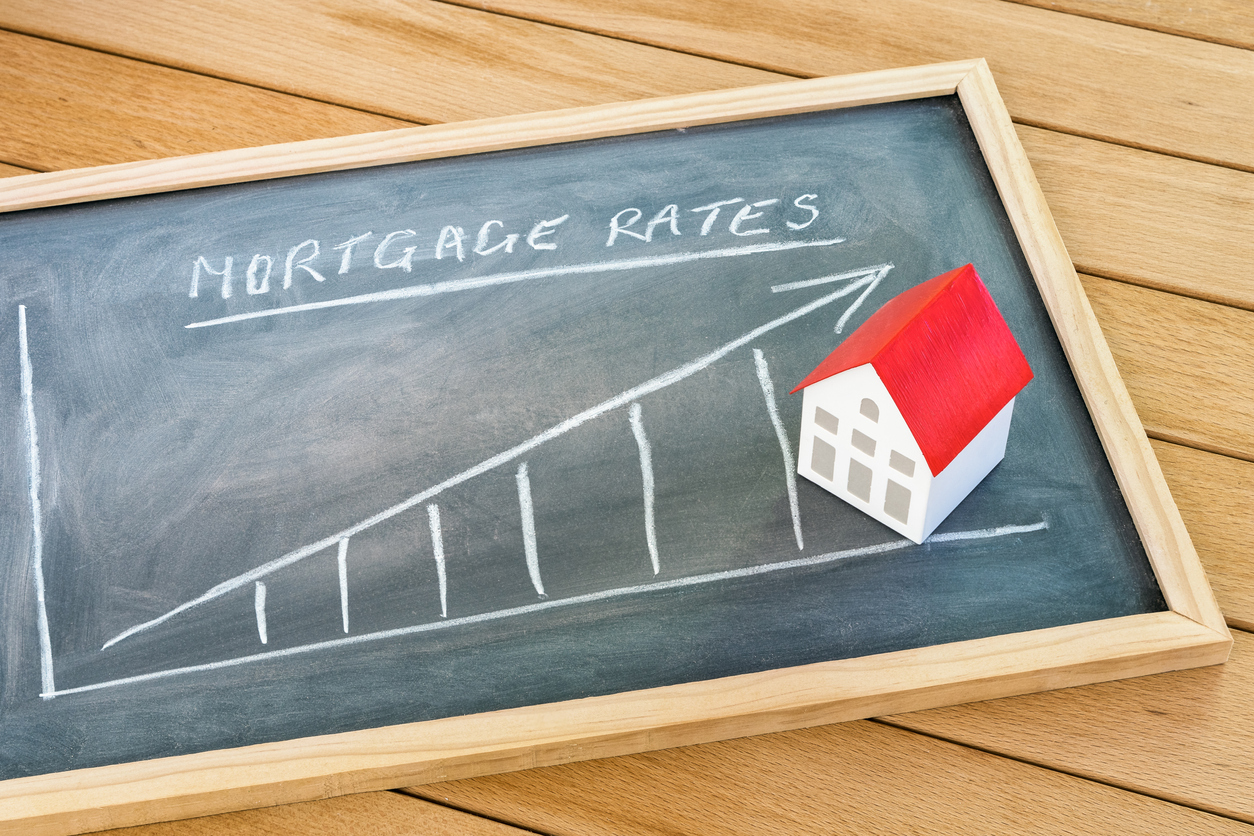As an investor, should you invest in a rental property or fix-and-flip a home? Many people credit real estate with being a key component of their investment strategy. Investing in a property to flip or rent are two of the most popular ways to take advantage of the unique wealth-building benefits of real estate.
In this post, we explore the pros and cons of flipping vs renting houses.
Passive Income vs Hands-On Project
The first question you should ask yourself is how involved you want to be in your investment project.
Many investors, especially those good at home repairs, enjoy doing the work involved in preparing a property to flip themselves. Some have the time and skills needed to manage and oversee a property flip. But for others, juggling contractors, understanding the rules and regulations involved in buying, rehabbing and reselling homes, and budget management is stressful and time-consuming.
By comparison, buying a rental property can be less hands on and a great source of passive income. While you need to keep tenants happy, collect rent, and take the time to market your property to avoid lengthy vacancy periods, you can also hire a property management company to take care of your property and your tenants.
How Do You Want to Make Money?
A profitable flip is a relatively short-term investment: a property is purchased; repairs are made; and the home is put back on the market to resell. Typically, this means making an investment upfront, but getting a significant return within 3-6 months. On average, Attom Data reports that a flip generates a gross profit of $62,000 nationally, but varies significantly from state to state.
Successful flippers often use the proceeds from a successful flip to help offset the costs of subsequent flips, which reduces the need for financing, and potentially increases their profits. Others reinvest their profits in other investments – diversifying and potentially exponentially growing their income in a relatively short period of time.
Rental properties are better for investors looking for a longer-term payout and offer a steady income over many years. They provide a boost to monthly cashflow and will also often deliver a significant profit years later, when the investor sells the property and can pocket the equity that’s accumulated over time.
Factoring in Extra Costs:
An important consideration in purchasing a property to flip or to rent is the costs of renovations and repairs. Often – but not always – these costs are higher with a flip, since many investors buy distressed properties in order to maximize their ROI. Undertaking due diligence, including a thorough property inspection, before you purchase a property will help you avoid any unforeseen nasty surprises requiring extensive repairs.
For rental properties, you need to factor in costs for upkeep – such as insurance, property management costs, or repairs. However, you can also save money by writing these off as expenses on your tax return. You can also save on costs thanks to deprecation write offs that can save you thousands of dollars annually.
How well do you play with risk?
Renting and flipping come with a different level of risk. The biggest risks for owners of rental properties are unexpected repair costs, tenants not paying their rent, and unanticipated vacancies. Some of these risks can be minimized – thorough property inspections, and solid tenant pre-screening can both help mitigate future problems. And since research suggests that a 12% of millennials will likely rent indefinitely, you’ll likely never be short of renters for your property, providing you rent in a desirable area, offer competitive rental rates, and treat your tenants well.
Flipping houses, on the other hand, is more of a “high risk/high return” venture. In markets with high demand, low inventory, and rising prices, a home flip can deliver strong profits in a short period of time. But if you get caught in an unexpected market slump, you could make far less than you originally expected, or even lose money. Underestimating the costs of repair or overestimating the resale value of the property can also have a negative effect on ROI.
Flipping houses vs owning rental properties: Which is the Best Investment for You?
Flipping and renting can both l be smart investment choices. Indeed, both offer the potential for a high return on investment.. Both property flips and rentals come with their own pros and cons – take the time to consider the best fit for your interests, timeframe, budget, and comfort with risk.
Fancy getting started with a property flip or new rental? Head over to our foreclosure market search tool.



